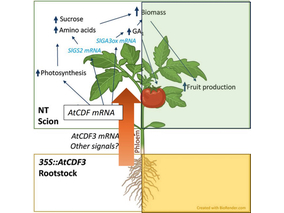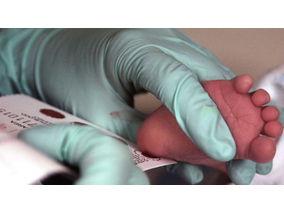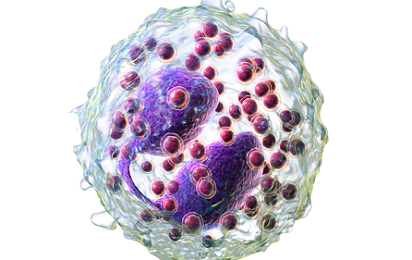Researchers of the proCURE program of the Catalan Institute of Oncology, Oncobell-IDIBELL, have recently published a scientific paper in which they describe the genetic mechanisms by which a breast tumor associated to a mutated BRCA1 gene becomes resistant to chemotherapy.
Breast cancers that appear in women with BRCA1 mutations usually present a poor prognosis and can only be treated by chemotherapy; nowever, in many cases resistances develop, making healing difficult. The results of the published study show that cancer has different genetic mechanisms of adaptation to chemotherapy.
However, researchers have identified the product of a particular gene that can serve as a biomarker of therapeutic benefit and at the same time as a new therapeutic strategy to improve the treatment of this type of tumors.
More information:
![]() Tumor xenograft modeling identifies TCF4/ITF2 loss associated with breast cancer chemoresistance
Tumor xenograft modeling identifies TCF4/ITF2 loss associated with breast cancer chemoresistance

The research team observed changes in head circumf...

AtCDF3 gene induced greater production of sugars a...

Un estudio con datos de los últimos 35 años, ind...

En nuestro post hablamos sobre este interesante tipo de célula del...

Investigadores del Cima y de la Clínica Universidad de Navarra confir...
Biotechnology portal in Spain
Subscribe to our newsletter and stay up to date with the latest news and deals!
2013 © Biotech-Spain.com - Site Developments SL. All Rights Reserved. Terms of Service | Privacy Policy
Articles
Directory
